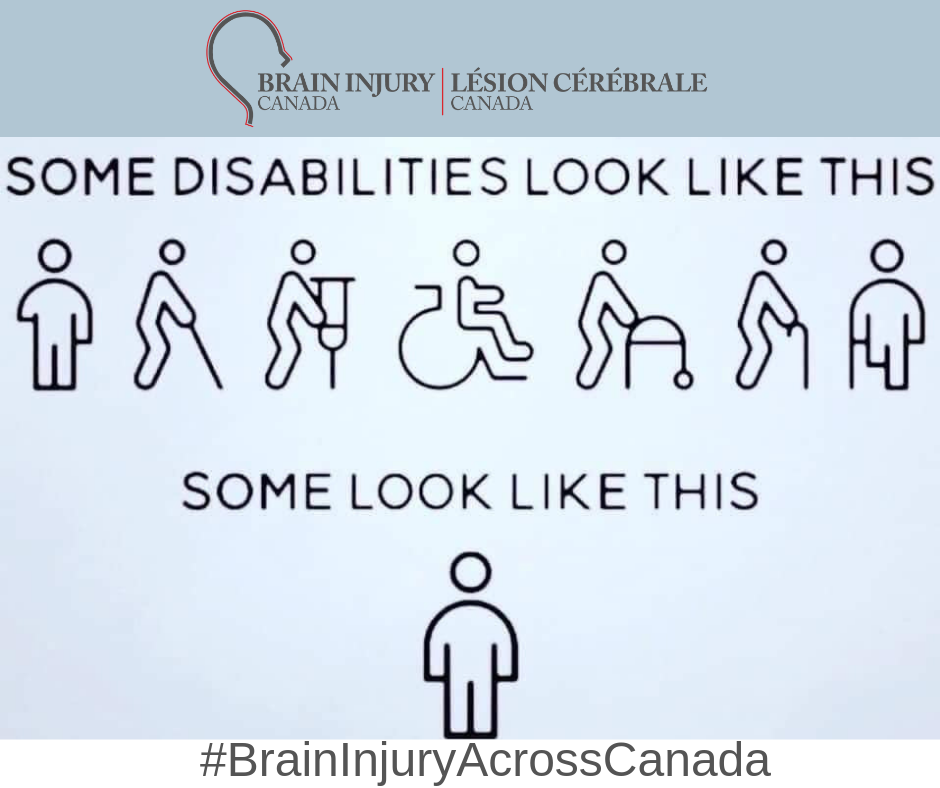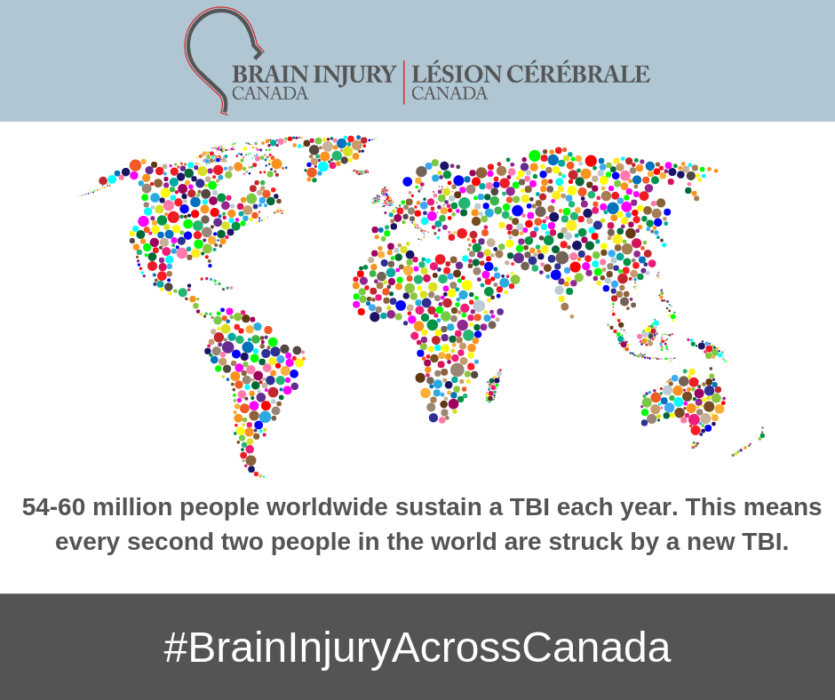Sports and Leisure for a Durable Return-To-Work
Practicing dance moves can be a step in the right direction when returning to work after an injury. Sports and leisure activities build skills and endurance that are often transferrable in the workplace. Our occupational therapists sometimes incorporate sports and leisure activities into treatment plans so workers return to their jobs in a timely and safe manner. This increases workplace productivity, decreases the number of absences and can reduce worksite accidents.
How OTs Use Sports and Leisure for Return to Work
When Melissa Ferguson, OT, first meets with a client, she wants to know, “What are some of the important activities for you in your life?” She asks her clients why they enjoy those activities. She chooses to focus on what lights her clients up and gets them excited, even when an injury feels like a barrier to participating. She uses task analysis to create a step by step breakdown on how to achieve a chosen final goal.
Through a gradual progression in frequency and intensity, Melissa helps her clients discover what they can do, rather than focusing on what they can’t.
The Benefits of Sports and Leisure
Melissa’s clients build up sports and leisure routines before returning to work. As a result, her clients arrive at their jobs better prepared with skills in stress and pain management as well as community activation and ergonomics.
Exercise and hobbies can improve both physical and psychological functioning when they become regular, personalized practices for a variety of reasons. They allow us to connect with members of our community. They foster a feeling of accomplishment and confidence. Sports and leisure also:
- develop habits to build structured routines
- hone motor skills
- prevent and improve back problems, especially through low-stress aerobics like walking and swimming
- reduce chronic pain through yoga, Pilates, and strength training
- support independent living for seniors and prevent falls
- release tension caused by repetitive tasks and desk set-ups
- foster mental wellbeing
Additional Resources
Educating yourself is a great first step to returning to recreational activities. Below are resources you can turn to for more information.
- “The Benefits of Recreation.” (City of Richmond)
- “Fearless Fitness: An Exercise Guide for People with Chronic Pain.” (CurableHealth.com)
- “Effects of Recreational Physical Activity and Back Exercises on Low Back Pain and Psychological Distress: Findings from the UCLA Low Back Pain Study.” (Authors: E. Hurwitz, H. Morgenstern, and C. Chiao)
Get Started with an OT
All of our therapists at OT Works! are certified with the College of Occupational Therapists of British Columbia (COTBC) and have additional training in areas such as mental health, brain injury rehabilitation, home safety and chronic pain.
If you or someone you know could benefit from occupational therapy after a motor vehicle accident or other injuries, contact us today! We are happy to answer any questions you may have.
E-mail: info@ot-works.com
Phone: 604.696.1066 ext 1000
Walk Daily To Improve Your Health
Slip on your sneakers and walk outside for 30 minutes every day. Research demonstrates that a half hour of walking a day can improve your physical and mental health. Walking also has benefits for creativity and problem-solving.
In rehabilitation, our occupational therapists often include walking as part of activation as a way to achieve meaningful goals. Activation is the process of returning to regular routines and activities after an accident or injury.
You can read more about the benefits of walking in this article by CBC News Vancouver.
Get Started with an OT
Could you or someone you know benefit from an Occupational Therapist’s guidance? All of our therapists at OT Works! are certified with the College of Occupational Therapists of British Columbia (COTBC) and have additional training in areas such as mental health, brain injury rehabilitation, home safety and chronic pain.
We are here to help after a motor vehicle accident or injury. Contact us today!
Email: referrals@ot-works.com
Phone: 604.696.1066 ext. 1000.
#BrainInjuryAcrossCanada
June is Brain Injury Awareness Month by Brain Injury Canada – an advocacy movement by brain injury associations, survivors and caregivers throughout the country. Their mission “is to enhance the quality of life of individuals and families/caregivers living with brain injury in Canada.”
Did you know that approximately 1.5 million Canadians live with a brain injury? Acquired brain injuries, that occur due to trauma after birth, can affect thinking, sensations (including touch, taste, light, sound and smell), language and emotions. Often, they appear as a part of a silent epidemic; concussions, impaired cognitive and behavioural functioning are not necessarily as visible as other disabilities. Everyone involved in brain injury rehabilitation and recovery face the social, emotional and economic consequences that arise, even if they are not a survivor themselves. It is important for survivors and community members to share their stories and demonstrate how brain injuries can be overcome.
Enrico Quilico: Athlete, Educator, Traumatic Brain-injury Survivor
Over a decade ago, Enrico nearly lost his life when he was thrown from his motorcycle while veering to avoid a car in front of him. He spent two weeks in an induced coma. Doctors told his parents to think about whether he should remain on life support when he did not initially wake up.
When he did regain consciousness, Enrico had to re-learn many basic skills like walking and proper pronunciation. He credits his recovery, to the point he is at now, due to continuous exercise. He has competed in over 16 triathlons and, in 2016, he participated in the Ironman while raising funds in support of Brain Injury Canada.
Enrico has also earned several degrees since his accident. He has a Bachelor’s degree in education from Concordia University and a research-based Master’s degree in kinesiology and physical education from McGill. His research focuses on determining the benefits of physical exercise for others who have had similar experiences to him. Enrico was able to take a situation that seemed to negatively impact his life and turned it into something positive.
The OT Works! and Brain-Injury Rehabilitation
OT Works! is a proud supporter of Brain Injury Awareness Month. Every month, our team of occupational therapists meet for in-service education. In February of this year, OT Works! joined a webinar co-presented by Enrico on “The Importance of Exercising After Traumatic Brain Injury.” He shared his research and outcomes of a 9 to 12-month exercise program developed to help patients recover from a traumatic brain injury.
Our OTs continue to provide quality care while keeping up-to-date with current and emerging research and clinical evidence. Our OTs are knowledgeable on treating traumatic brain injuries and we have helped hundreds of clients with concussions return to the activities they love. Our OTs have advanced training and regularly attend brain injury rehabilitation workshops. Through their education, they help clients overcome their barriers in order to achieve success.
How Can We Help?
Give us a call if you are interested in how an OT can help you or someone you know with a traumatic brain injury.
Phone: 604.696.1066 ext. 1000.
Email: Referral@ot-works.com
Learn More
- “Overcoming a Motorcycle Crash to Becoming an Ironman” – The Epoch Times, May 1, 2019.
- “Co-Creating a Physical Activity Program for People with Traumatic Brain Injury” – Enrico Quilico’s Story on YouTube
- Brain Injury Canada – Website
- Acquired Brain Injury (ABI) Information – Factsheet (PDF)




